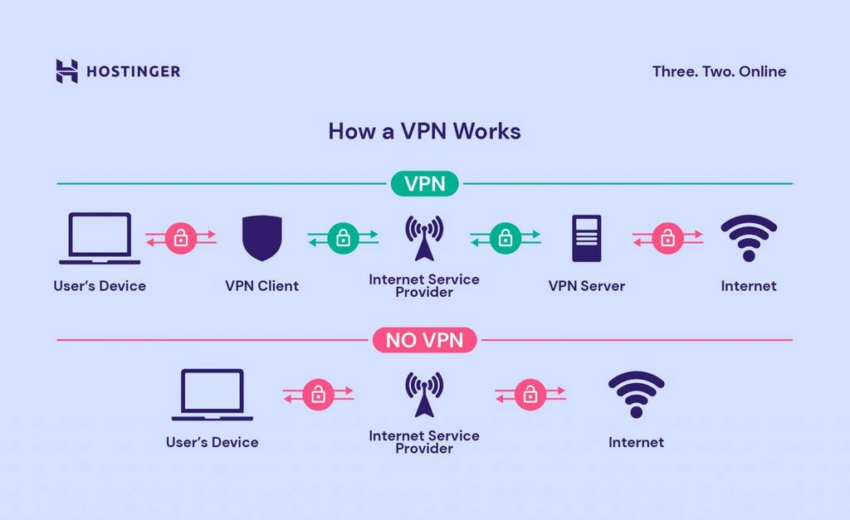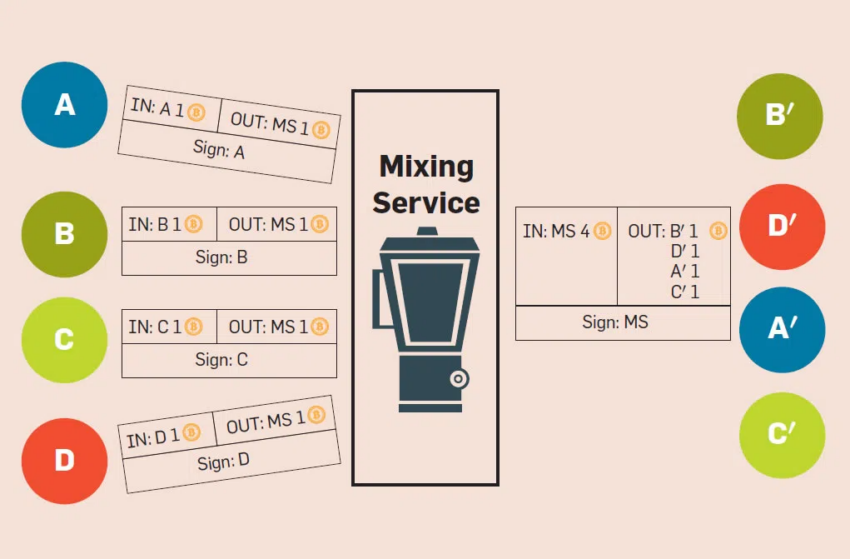Authorities arrested crypto fugitive Do Kwon at a Montenegrin airport. How easy would it have been to avoid the capture?
Do Kwon, the cryptocurrency fugitive behind the Terra crisis, is facing charges of forging official documents following his arrest by Montenegrin police. On Thursday, police captured Kwon and a second individual at Podgorica airport while attempting to board a flight to Dubai. Police reportedly found forged Costa Rican and Belgian passports in their luggage.
Kwon had been a fugitive for several months, with South Korean authorities issuing an arrest warrant for him last September. The Montenegrin police confirmed on Friday that the arrested suspect was Do Kwon after his fingerprints matched information held by South Korea’s National Police Agency.

Kwon is also under indictment by the US District Court in Manhattan on eight counts, including securities fraud and conspiracy. The criminal case follows civil charges by the Securities and Exchange Commission against Do Kwon and Terraform Labs in February. Moreover, Kwon is the subject of an Interpol “red notice.”
Given the current state of laws and regulations, we wondered how easy it would be to escape the long arm of the law as a crypto fugitive. (BeInCrypto does not condone any illegal activity.)
Do Kwon Sought the Right Country
Following a tip about Do Kwon’s location, South Korean authorities confirmed on December 11 that he was in Serbia. The fugitive had reportedly moved there after relocating to Singapore just before Terra’s collapse. But why would an international fugitive hide in Serbia?
It turns out it was probably a wise move. Serbia and South Korea do not share an extradition treaty which would have sped up the process of Do Kwon’s removal to his home country. However, the law has a long arm. South Korean officials stated on February 7 that they sent at least two people to Serbia to track him down. Serbian authorities later confirmed working with their South Korean counterparts to find him.
On February 23, the US Securities and Exchange Commission (SEC) charged Do Kwon with defrauding investors. Which, to put it mildly, was incredibly bad news for Do Kwon. The United States is one of the most aggressive pursuers of international fugitives, with a long list of extradition treaties—including Serbia.
So, anyone becoming a crypto fugitive will likely try to pick a country wisely. Ideally, a country that isn’t treaty-bound to consider extradition. Iran, Belarus, Syria, and Somalia come to mind.
Crypto Fugitives Exploit VPNs
One of the first ways the authorities will try and track a crypto fugitive is via a digital footprint. The best and easiest of getting around that is via a virtual private network (VPN). VPNs are common tools, although they’re more likely to be used for accessing another country’s Netflix library than evading the law.
Using a VPN, all your online activity is routed through an encrypted tunnel, making it difficult to see what websites you visit or do online. A VPN can also help to conceal your physical location by masking your IP address.
Websites and services will see the IP address of the VPN server you are connected to rather than your own. This can be useful for accessing geo-restricted content or for staying anonymous online.

However, VPNs are not a foolproof way of ensuring privacy. Ross Ulbricht (also known as “Dread Pirate Roberts”), the founder of the dark web marketplace Silk Road, was a regular VPN user. However, in their hunt for Ulbricht, police subpoenaed the provider of the VPN too. The information led authorities to an internet cafe in San Francisco.
Although VPNs encrypt internet traffic and mask IP addresses, they can still track user activity within their network, revealing visited websites and browsing durations. VPNs are not entirely anonymous since providers can view IP addresses and browsing histories. VPNs are also vulnerable to hacking in the event of compromised encryption protocols.
The Use of Privacy-Enhancing Crypto
While on the run, a fugitive will still need money. While crypto has long been associated with criminality, it’s not actually that difficult to trace if you know how. Public blockchains are, by default, transparent. So, as long as you know where and how to look, following the crypto breadcrumb trail is far from impossible.
This is where privacy-protecting crypto comes in. Several cryptocurrencies, including Monero, Zcash, and Dash, prioritize privacy and anonymity. They use advanced cryptographic techniques to make transactions anonymous and untraceable, such as zero-knowledge proofs, ring signatures, and stealth addresses. However, no cryptocurrency can guarantee complete anonymity.
There are always crypto mixers that blend crypto assets with those of other users. This pool of mixed funds then returns the equivalent amount to the respective owners.

Do Kwon’s Shell Companies
Why not take another leaf from Do Kwon’s book to ensure funds are safe?
Last year, Do Kwon’s company Terraform Labs reportedly laundered $4.8 million through a South Korean shell company disguised as a blockchain consultancy. Shell companies are entities established to hold assets or conduct financial transactions without showing any business.
Shell companies can be used for legitimate reasons, such as minimizing tax, protecting intellectual property, or facilitating mergers and acquisitions. Still, they are often used for hiding assets.
Shell companies commonly employ a process called “layering” to hide money by transferring funds across multiple accounts and jurisdictions, making it difficult to trace the origin of the funds. They can also appoint “nominee directors” or “nominee shareholders” to act as a front for the true owners, who remain anonymous.
BeInCrypto reached out to the SEC for comment on this article. The agency declined to comment but directed us to its press release regarding Do Kwon’s charges.
Disclaimer
Following the Trust Project guidelines, this feature article presents opinions and perspectives from industry experts or individuals. BeInCrypto is dedicated to transparent reporting, but the views expressed in this article do not necessarily reflect those of BeInCrypto or its staff. Readers should verify information independently and consult with a professional before making decisions based on this content. Please note that our Terms and Conditions, Privacy Policy, and Disclaimers have been updated.


